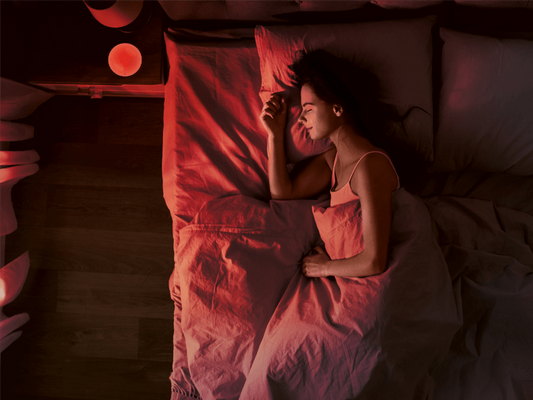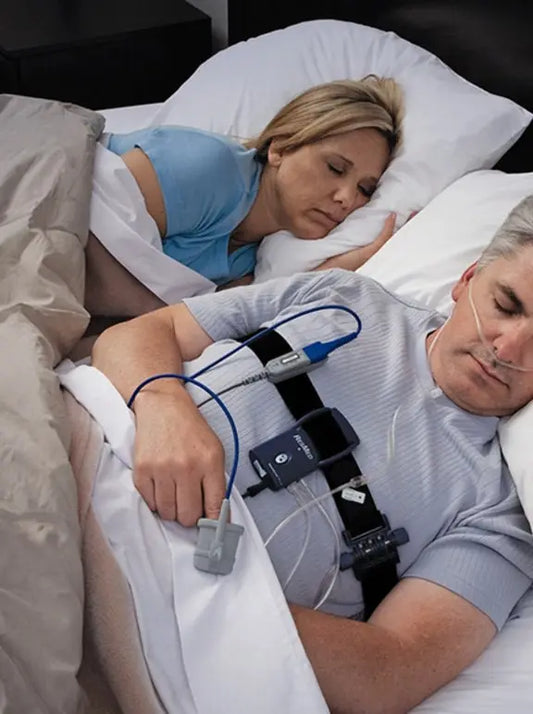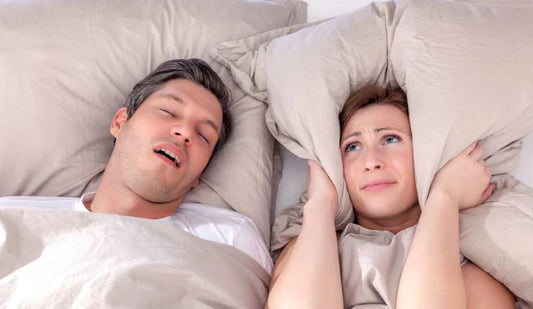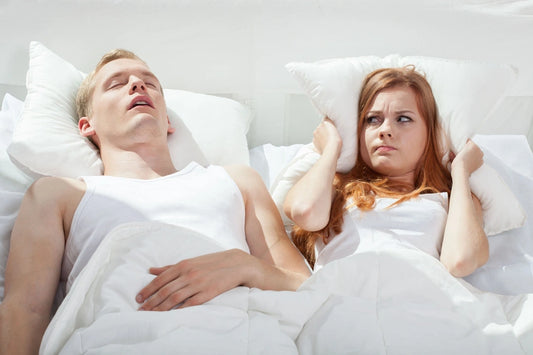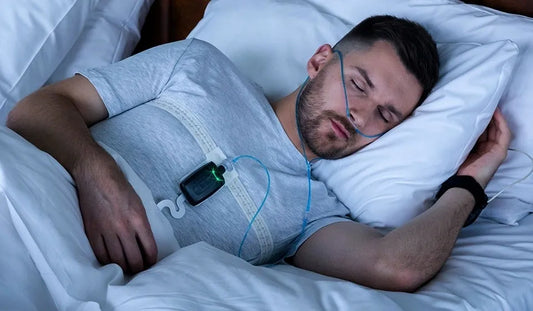We reveal all the important information on this subject, so that you finally know exactly what it is and what are the causes and consequences.
Bruxism, what is it?
Bruxism, more commonly known as teeth grinding, is an involuntary friction and/or clenching of the teeth, without functional purpose. Our jaw moves during meals to chew food. In the case of bruxism, our masticatory muscles start moving without determined functions and this is why bruxism is considered an uncontrolled functional disorder, temporomandibular dysfunction. There are two types of bruxism with different names. Thus, a distinction is made between dynamic/eccentric bruxism, which corresponds to the friction of the upper teeth on the lower ones, producing a disturbing grinding, and static/centric bruxism, which corresponds to the clenching of the jaw and which does not lead to any sound. There is also a distinction between nocturnal bruxism, which is the most common, and diurnal bruxism (during the day). This is usually static bruxism, and is much easier to treat because it can be made aware and therefore controlled. Bruxism is not an incurable disorder. On the contrary, it can be episodic and affect us all. It can affect children as well as adults, or even, it would affect children more than other ages.
Thus, 33% of six-year-old children are affected by this problem while only 8% of adults are aware of it. This would be a normal behavior helping to knock out baby teeth and should stop with the growth of permanent teeth.

Bruxism can be quite difficult to diagnose because being nocturnal and unconscious, patients do not realize it. Screening is usually done through the spouse who is bothered by the grinding of the teeth. The finding of the disorder can also be made in relation to the premature use of teeth or facial pain. For a more accurate and definitive diagnosis, sleep labs sense whether there is rhythmic muscle activity and record whether there are grinding sounds during patients' sleep.
What causes bruxism?
If no study can demonstrate with certainty the causes of bruxism, it would come from multifactorial causes. In the first place, stress, anxiety, competitiveness or even hyperactivity would be factors that largely favor it. The hygiene of life would also be in question, such as the consumption of alcohol, tobacco, drugs, because of their chemical action. If there would be no difference in assignment according to sex, there would on the other hand be a genetic factor. Thus, the children of bruxers would be more likely to be affected in turn by this problem. Other factors would seem to aggravate and/or favor the onset of this disorder, such as sleeping on your back allowing the jaw to move back and forth, mouth breathing, or our food. etc . Have a bad dental alignment, a significant malocclusion, or a dental infraclusion , would also lead to a greater risk of developing bruxism. Finally, anything related to trauma, such as car accidents, neck or joint trauma, anesthesia, could be the trigger for teeth grinding.

What are the consequences of bruxism?
The consequences of bruxism are numerous, varied and of different intensity depending on the frequency and severity of the disorder. Bruxomaniacs have almost all the same symptoms, namely, pain in the jaw, in the cheeks, in the temples, in front of the ear and finally, premature wear of the teeth. Teeth grinding that can last several minutes at a time( 6 to 8 minutes ) the consequences on the teeth are therefore numerous: risk of dental loosening, or even fractures, hypersensitivity which can increase, loss of dental tissues such as enamel, dentin, pulp, etc. and gum damage. Bruxism can also have effects on general health, such as headaches, a deterioration in the quality of sleep and therefore chronic fatigue. Finally, aesthetics are at stake, bruxism affecting the teeth, it therefore affects the smile.
Bruxism and sleep apnea, a link?
The link between bruxism and sleep disorders is clear. Nocturnal bruxism manifests itself in the paradoxical phase of sleep. If bruxism does not literally wake up the person in pain, it still alters the quality of rest, preventing it from being restorative. It would even seem that bruxism is only one of the visible signs of a larger problem. Thus, the jaw would not be the only one to be affected by these contractions, but the whole body would fall prey to it. This is why this disorder is classified as a sleep-related motor disorder. But further than that, studies on bruxism link it to sleep apnea. Thus, according to an American study, one in four patients with sleep apnea would also suffer from nocturnal bruxism. We therefore cannot say whether sleep apnea favors the appearance of bruxism or if it is rather the opposite, but what is certain is that generally, people suffering from one also suffer from 'other.

Therefore, bruxism is a disorder to be considered for both dental and general health. While there is no marketed treatment to stop this disease, there are nevertheless many options to limit the consequences or try to limit this disorder. Many investigations are still looking for the precise causes and adequate treatments. Progress is therefore to come!
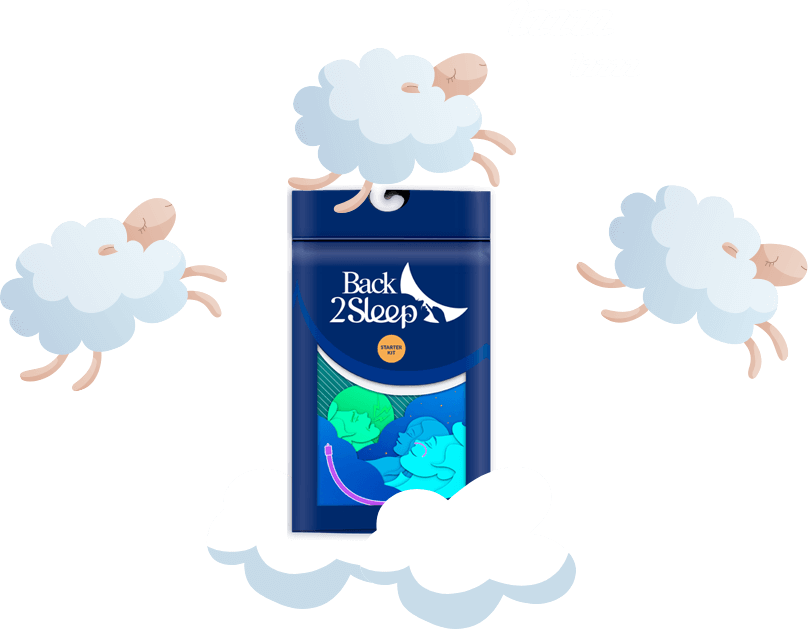
- Choosing a selection results in a full page refresh.
- Opens in a new window.


